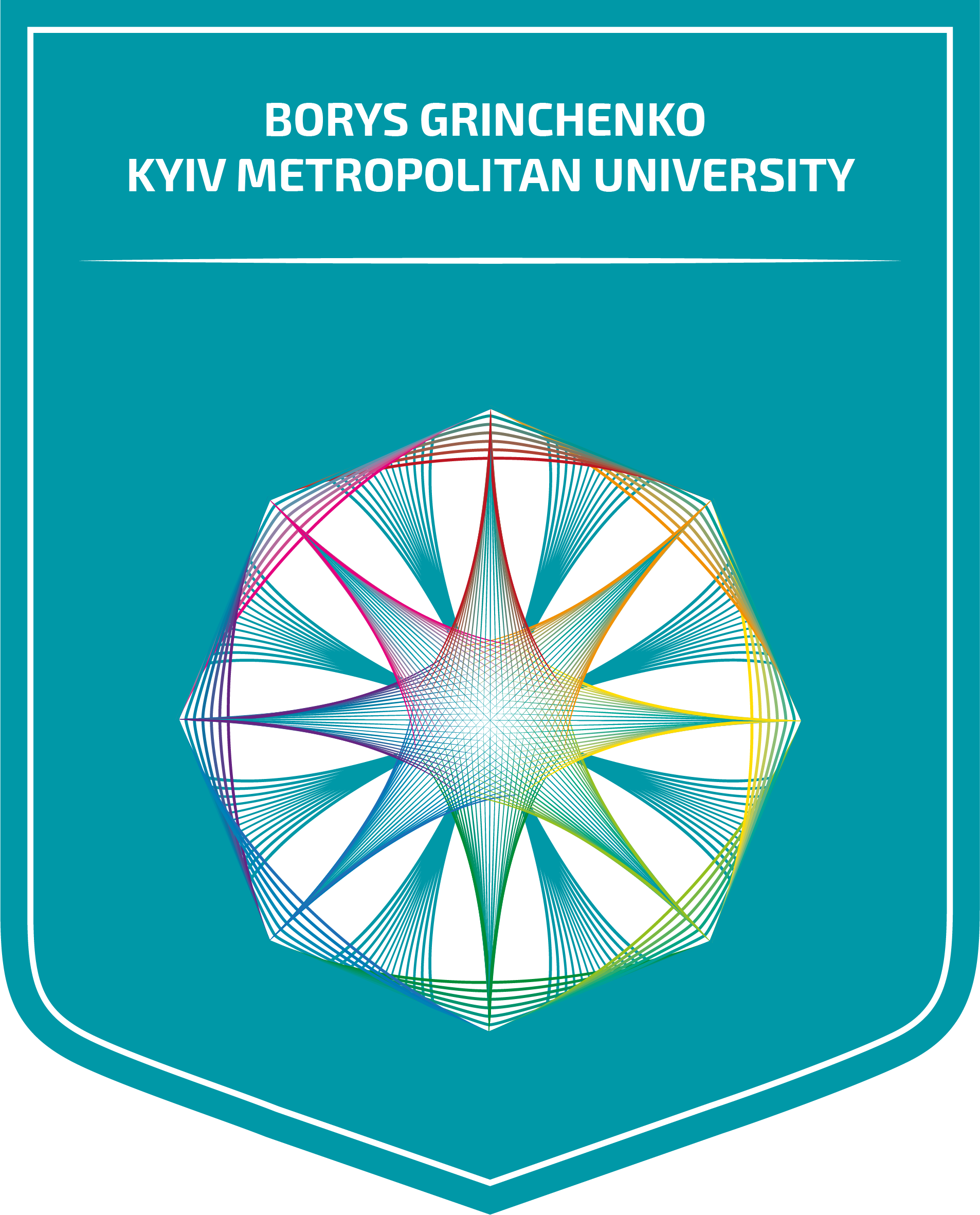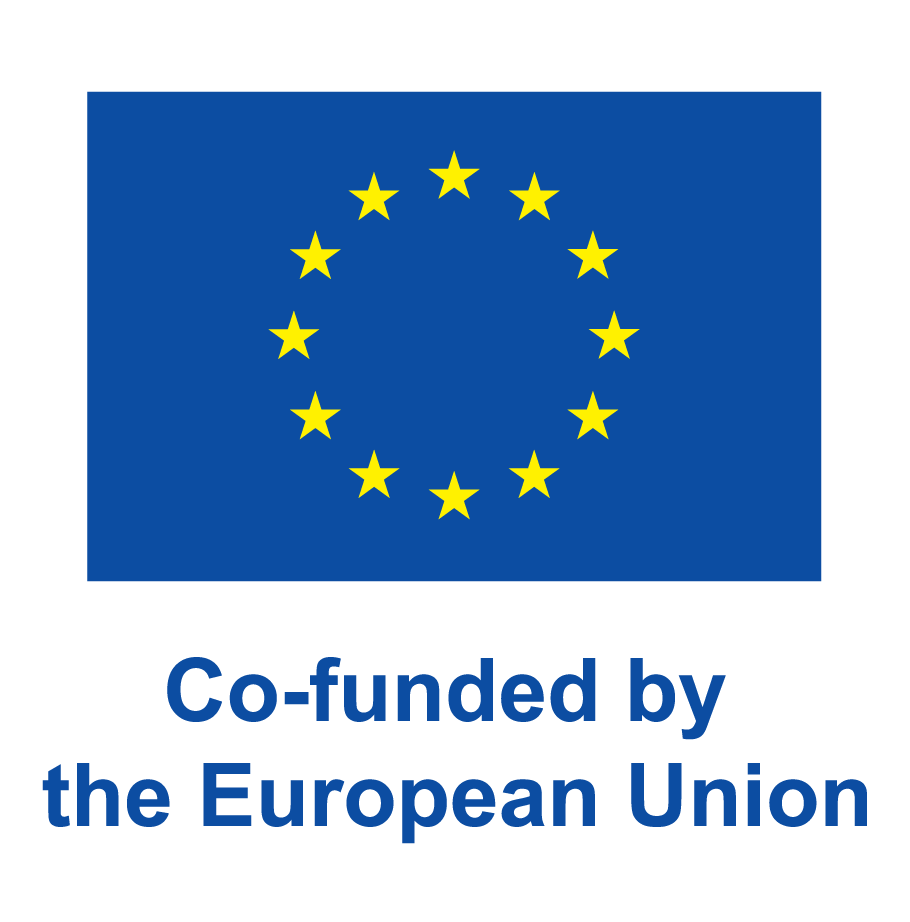У дослідженні обґрунтовано ефективність медіації як альтернативної форми врегулювання комерційних спорів, що дедалі активніше використовується в країнах Європейського Союзу. Медіація скорочує час, необхідний для вирішення спорів, знижує витрати, зберігає партнерські відносини та мінімізує репутаційні ризики, що особливо важливо для бізнесу. Медіація ґрунтується на кооперативній моделі, орієнтованій на досягнення взаємовигідного результату, на відміну від змагального підходу, притаманного судовому розгляду. За даними SIDRA, 94% компаній вважають, що саме здатність медіації зберігати ділові відносини є вирішальним чинником при виборі цієї процедури.
Особливу увагу приділено інтегральному показнику процесуального навантаження (розраховується як добуток тривалості процедури (у днях) на частку витрат (% від вартості позову)), який дає змогу кількісно порівняти ефективність судів, арбітражу та медіації. Порівняльний аналіз даних із 27 країн ЄС виявив стабільну перевагу медіації. Водночас упровадження цього інструменту стикається з бар’єрами: відсутність стимулів, низька обізнаність бізнесу, обмежена кількість професійних медіаторів та брак обов’язкових процедур.
Розглянуто міжнародні приклади ефективних моделей впровадження, зокрема в Італії, Литві, Сінгапурі, а також позитивний досвід країн Балтії. Окрему увагу приділено українським реаліям. Попри формалізовану законодавчу базу та створення Єдиного реєстру медіаторів, медіація у комерційних спорах поки що не стала поширеною через низьку обізнаність бізнесу, відсутність стимулів і слабку інституційну підтримку. Запропоновано практичні кроки для формування української моделі комерційної медіації, зокрема запровадження обов’язкових сесій у певних категоріях справ, підтримку з боку судів, фінансування перших процедур та інтеграцію цієї тематики в управлінську освіту.
Зроблено висновок, що ефективна інституціоналізація медіації потребує не механічного перенесення іноземного досвіду, а переосмислення управлінської логіки її впровадження. Медіація розглядається як стратегічний ресурс для правової системи та складова культури переговорів, що може підвищити якість бізнес-середовища та зменшити навантаження на суди. Стаття буде корисною для юристів, менеджерів та політиків у сфері альтернативного врегулювання спорів.
Mediation as a tool for a new managerial culture: international practices and Ukrainian challenges
The study substantiates the effectiveness of mediation as an alternative form of commercial dispute resolution, which is increasingly being used in European Union countries. Mediation reduces the time needed to resolve disputes, lowers costs, preserves partnerships, and minimizes reputational risks, which is particularly important for business. It is based on a cooperative model focused on achieving a mutually beneficial outcome, rather than the adversarial approach typical of litigation. According to SIDRA, 94% of companies state that it is the ability of mediation to preserve business relationships that is decisive in choosing this procedure.
Particular attention is paid to the integral indicator of procedural load (calculated as the product of the duration of the procedure, in days, and the share of costs, expressed as a percentage of the claim value), which allows for a quantitative comparison of the efficiency of courts, arbitration, and mediation. A comparative analysis of data from 27 EU countries revealed a consistent advantage of mediation. However, the implementation of this mechanism faces barriers: lack of incentives, poor business awareness, a limited number of professional mediators, and the absence of mandatory procedures.
International examples of effective implementation models are examined, in particular in Italy, Lithuania, Singapore, as well as the positive experience of the Baltic countries. Particular attention is devoted to the Ukrainian context. Despite a formalized legislative framework and the creation of a Unified Register of Mediators, mediation in commercial disputes has not yet become widespread due to low business awareness, lack of incentives, and weak institutional support. Practical steps are proposed for shaping a Ukrainian model of commercial mediation, in particular the introduction of mandatory sessions in certain categories of cases, court support, funding for initial procedures, and the integration of the subject into management education.
It is concluded that the effective institutionalization of mediation requires not a mechanical transfer of foreign experience, but a rethinking of the managerial logic of its implementation. Mediation is seen as a strategic resource for the legal system and an element of negotiation culture that can improve the quality of the business environment and reduce the burden on the courts. The article will be useful for lawyers, managers, and policymakers in the field of ADR.


